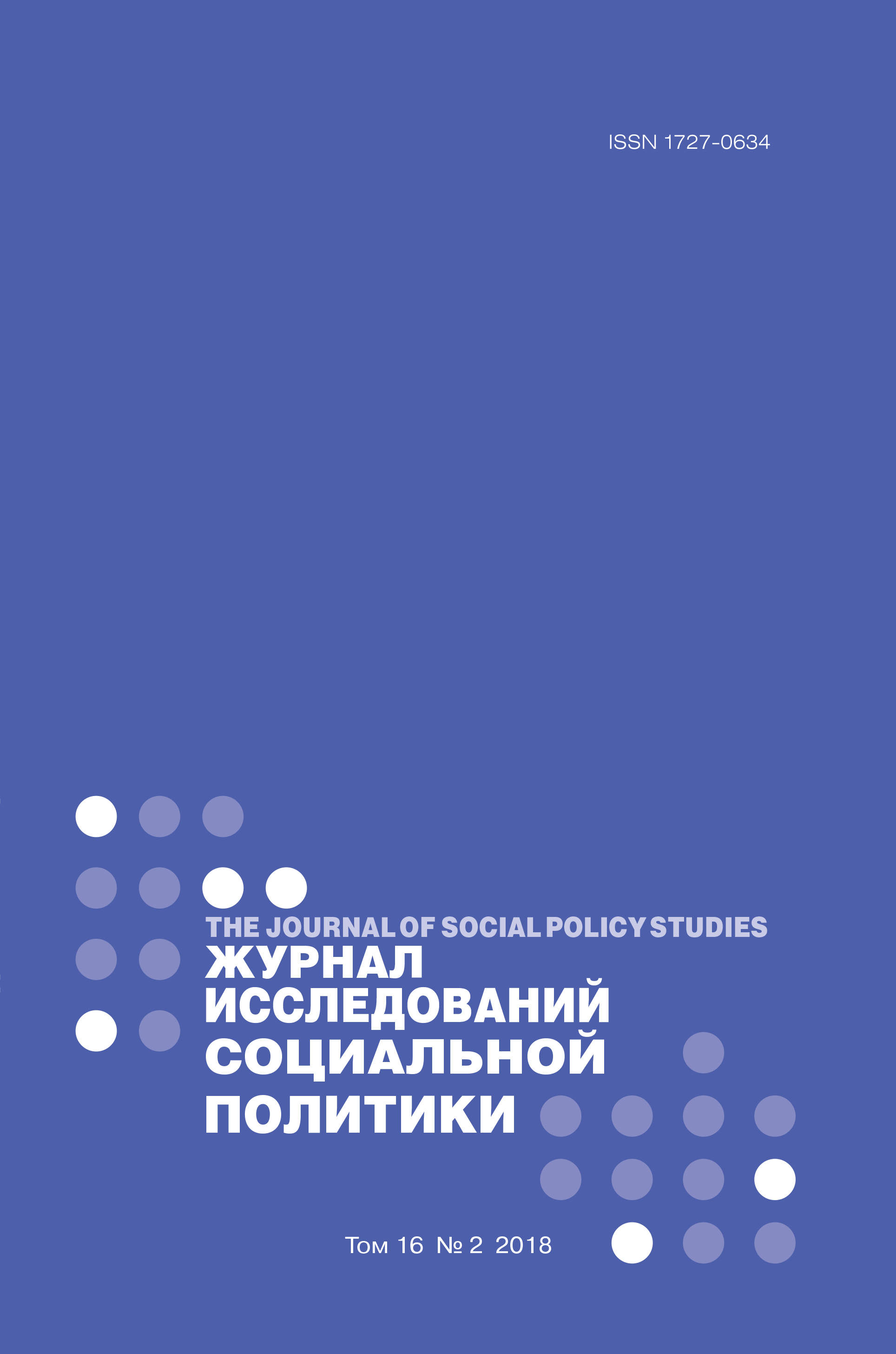The 'Internal Enemies' of Contemporary Russian Nationalism
Abstract
Ivan Vladimirovich Bobrov – 4th year student of Siberian Institute of the Russian Presidential Academy of National Economy and Public Administration, Novosibirsk, Russian Federation. Email: ivan.v.bobrov@gmail.com
Mikhailov Dmitrii Alekseevich – (PhD), Associate Professor of Siberian Institute at the Russian Presidential Academy of National Economy and Public Administration, Novosibirsk, Russian Federation. Email: damihan@yandex.ru
The third presidential term of Vladimir Putin is characterized by the active inclusion of a national security agenda in the social policy context. In this regard, it appears some ideologems from contemporary Russian nationalist movements are being incorporated into mainstream state discourses. One of the best examples of this is the theme of 'internal enemies'. This article unpacks some of the key features behind the formation of 'internal enemies'. The term 'Russian nationalists' can be problematic as a category of analysis due to the fragmented and diffuse movements potentially contained under this heading. To avoid this issue the term is used in this article as a category of political practice. Of particular interest here are those public figures who call themselves Russian nationalists. In this intellectual space, there are three rhetorical strategies that shape the image of the 'internal enemy': historical, theoretical and ethnic. The first is reduced to the idea that the national minorities have played a key role in the destruction of the Russian Empire. The second rhetorical line attacks the official formulations of Russian state nationality policy, something that can be understood as a reaction against the multicultural ideology of contemporary Russia. Finally, the third and most aggressive rhetorical line targets specific ethnic communities. The central place in characteristics of the internal enemy in this sense is given to representatives of the North Caucasus.















